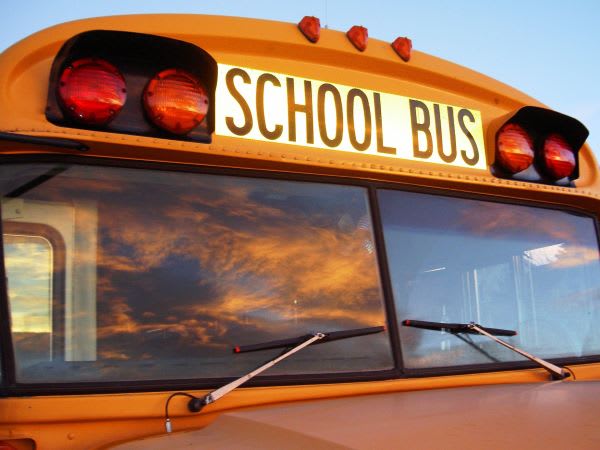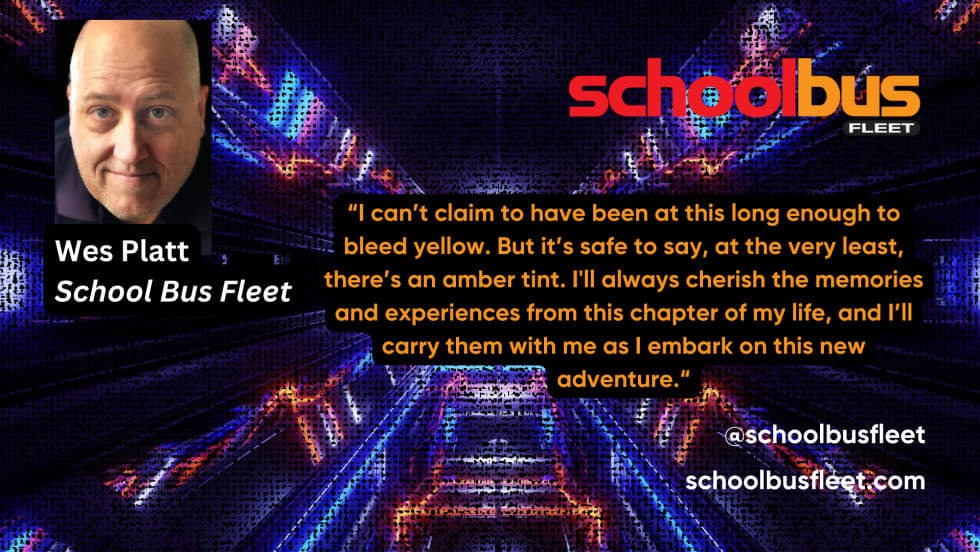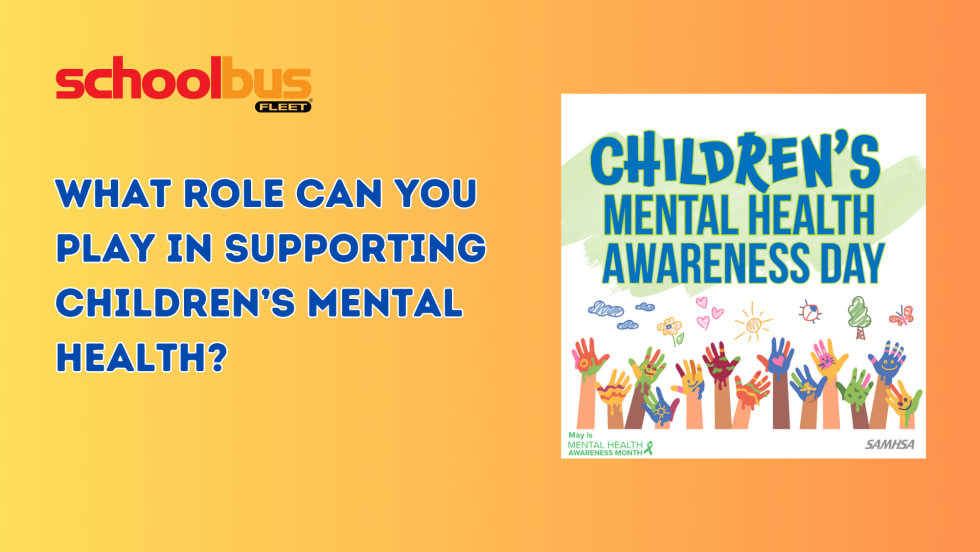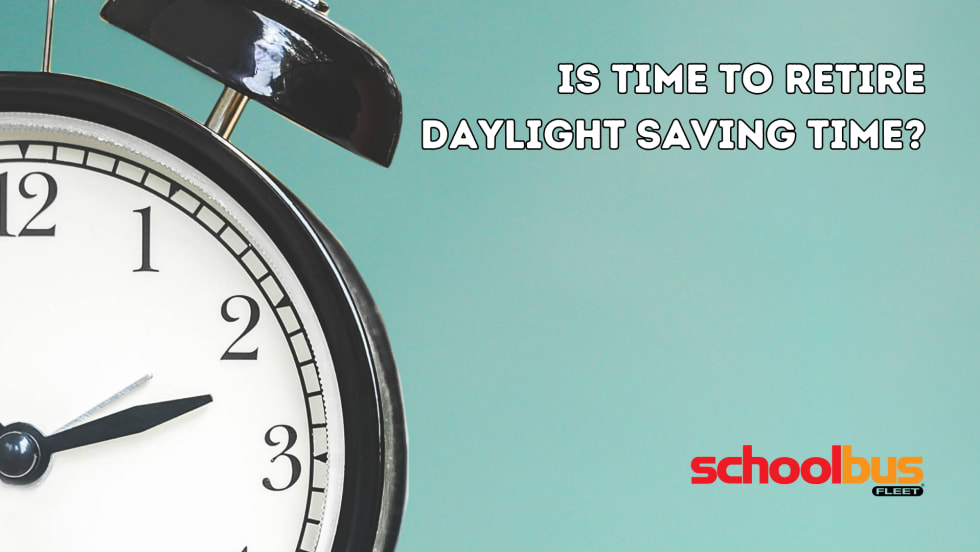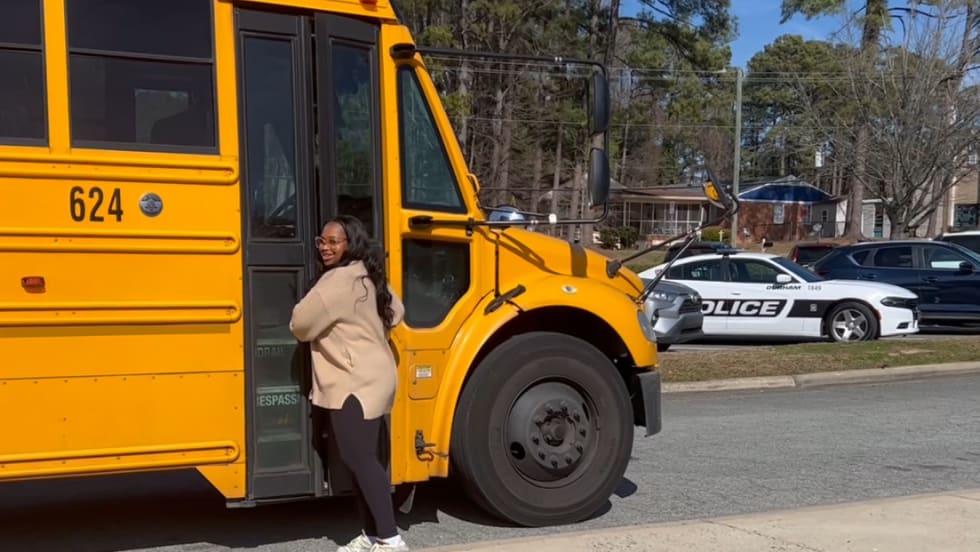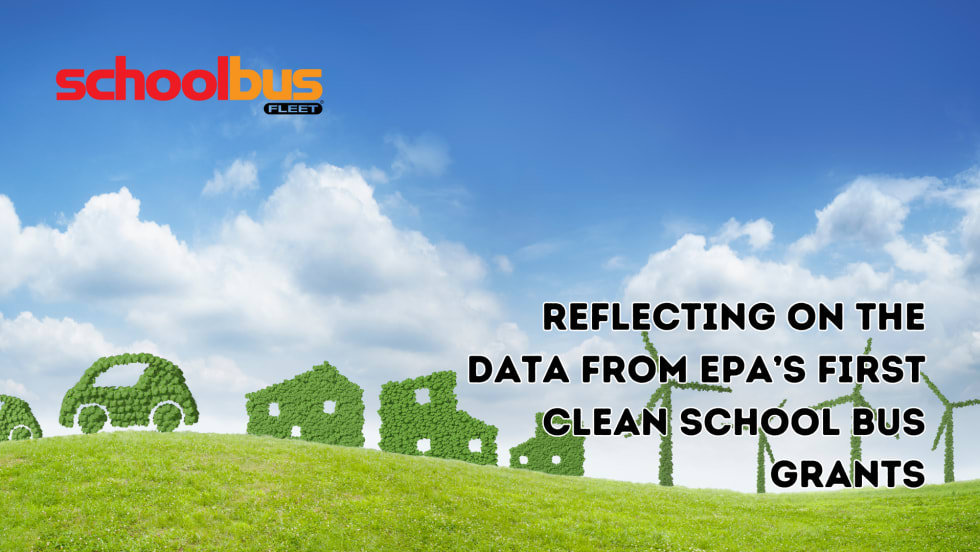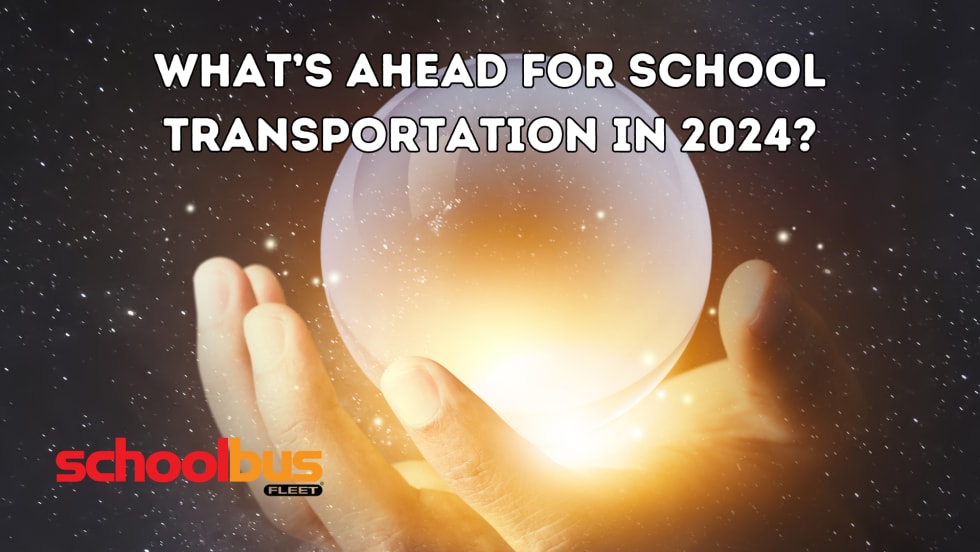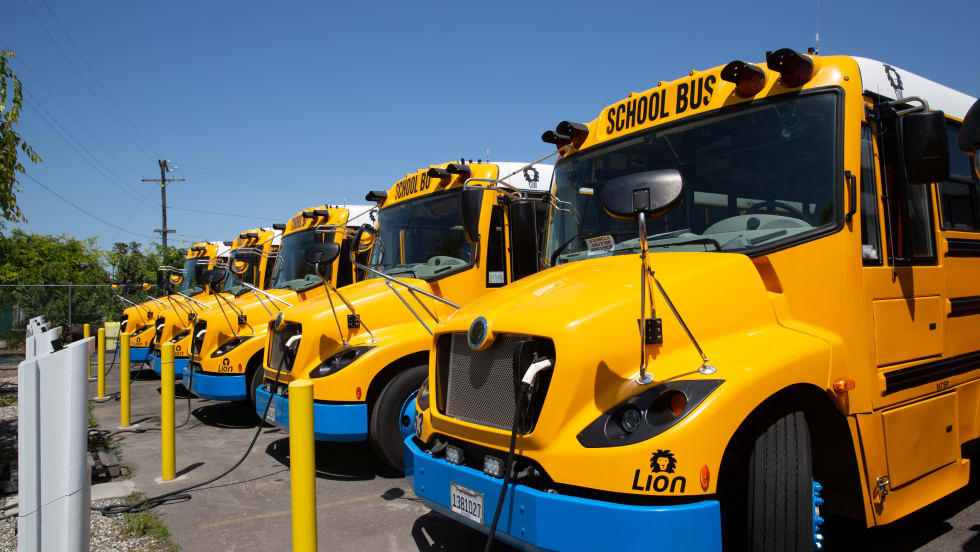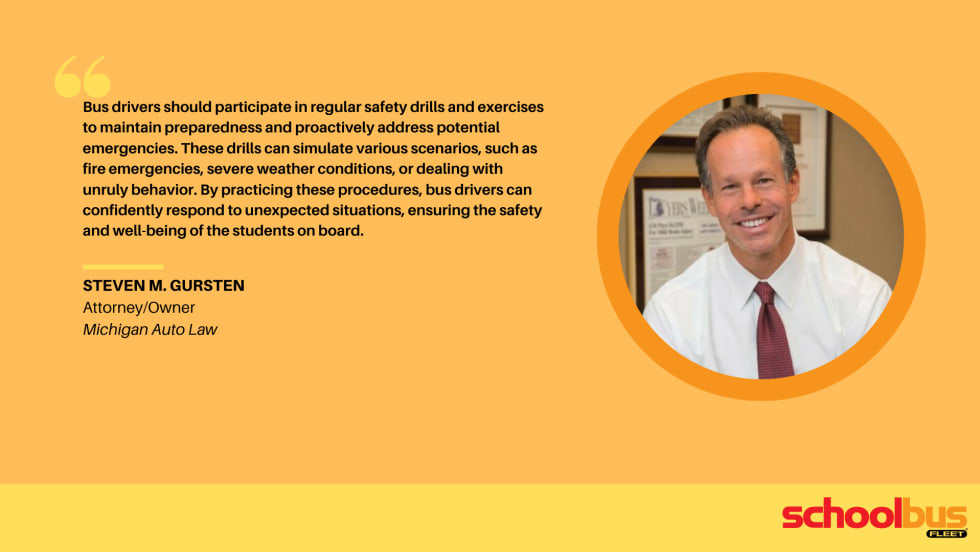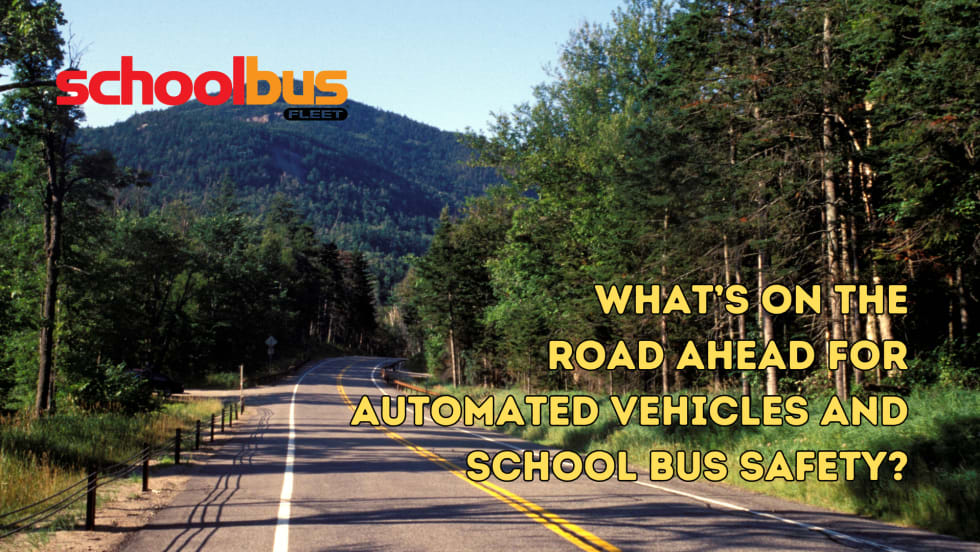As I write this, the COVID-19 pandemic still has the country in a tight grip, with variants of the virus contributing to higher case numbers, hospitals overwhelmed in many states, and businesses and schools staying closed or mostly shuttered for now.
Burbio, a community events data service that tracks school openings, reported that from late November through mid-December just about 50% of K-12 students in the U.S. were attending virtual-only schools due to the pandemic. (That number has fallen in recent weeks, but not by much.) The data service also noted, unfortunately, a trend of an increase in failing grades among students, and expects to see at districts large and small learning deficits likely caused by a lack of consistent in-person learning since March.
Still, on the horizon, we have signs of hope, with the first vaccines being administered to first responders, other essential workers, and those in the 65-plus age group. Educators and those on the transportation front lines, such as our bus drivers, will hopefully not be far behind.
The National School Transportation (NSTA) stepped up again at the end of 2020 for pupil transporters, urging the Centers for Disease Control and Prevention (CDC) to classify school bus drivers as a high priority in federal recommendations for COVID-19 vaccine allocations. (Read more about their efforts in our January issue.)
And, in 2020, we saw more developments that will advance the industry further toward electrification, such as the Dominion Energy-Thomas Built Buses electric bus partnership. In a Q & A, Dan Weekley, vice president of innovation policy and development at Dominion Energy, mentions that vehicle-to-grid technology, which the buses in the pilot are equipped for, will help support the integration of renewable energy across Virginia while also providing grid stability during periods of high-electricity usage.
Meanwhile, technology keeps enhancing safety, which is critical as we do our best to hopefully, finally move past the worst of this health, economic, and education crisis. Our feature on the latest in ridership tracking technology covers how it has helped boost the safety and efficiency of school transportation operations with contact tracing, streamlining parent communication, and managing sanitization practices.
Whether through advocacy or technology, in easy or tough times, success comes down to the incredibly dedicated people of this industry to help all schoolchildren safely access an education every day.
One classic example is Kim Frye, the director of transportation services for Orange County (Fla.) Public Schools (OCPS), and our 2020 Administrator of the Year. Frye went above and beyond in 2020, making sure that when the pandemic hit, her employees felt heard and that her team was connected. She created a Facebook group page and shared as many updates as possible on return-to-work dates, safety, and birthday and work anniversary announcements.
Frye also used Facebook Live videos to hold a trivia contest with gift card prizes (for which she raised funds), designed to help put employees at ease and get to know each other better.
We also recently turned to a few other transportation directors, among others in the industry, to get some perspectives on what 2021 will bring. Overall, the outlook was upbeat.
Doris Bean, manager of transportation for Glendale Elementary School District #40, told School Bus Fleet that she hopes that schools in her district will be able to open for in-person learning by the end of February and that she is excited to return to normal.
“Our buses are squeaky clean, shiny, and [are] ready for all the students to return in 2021,” she says.
Meanwhile, Teena Mitchell, the special needs transportation coordinator for Greenville County (S.C.) Schools, said that she sees the industry “being better prepared in 2021 for the challenges.” She points to all the savvy pupil transportation employees have gained on virtual technology.
“We are Zooming, using webinars, and conducting a large portion of our training online,” Mitchell notes.
We hope that you also see these developments and observations as uplifting and are having a great start to your 2021.




